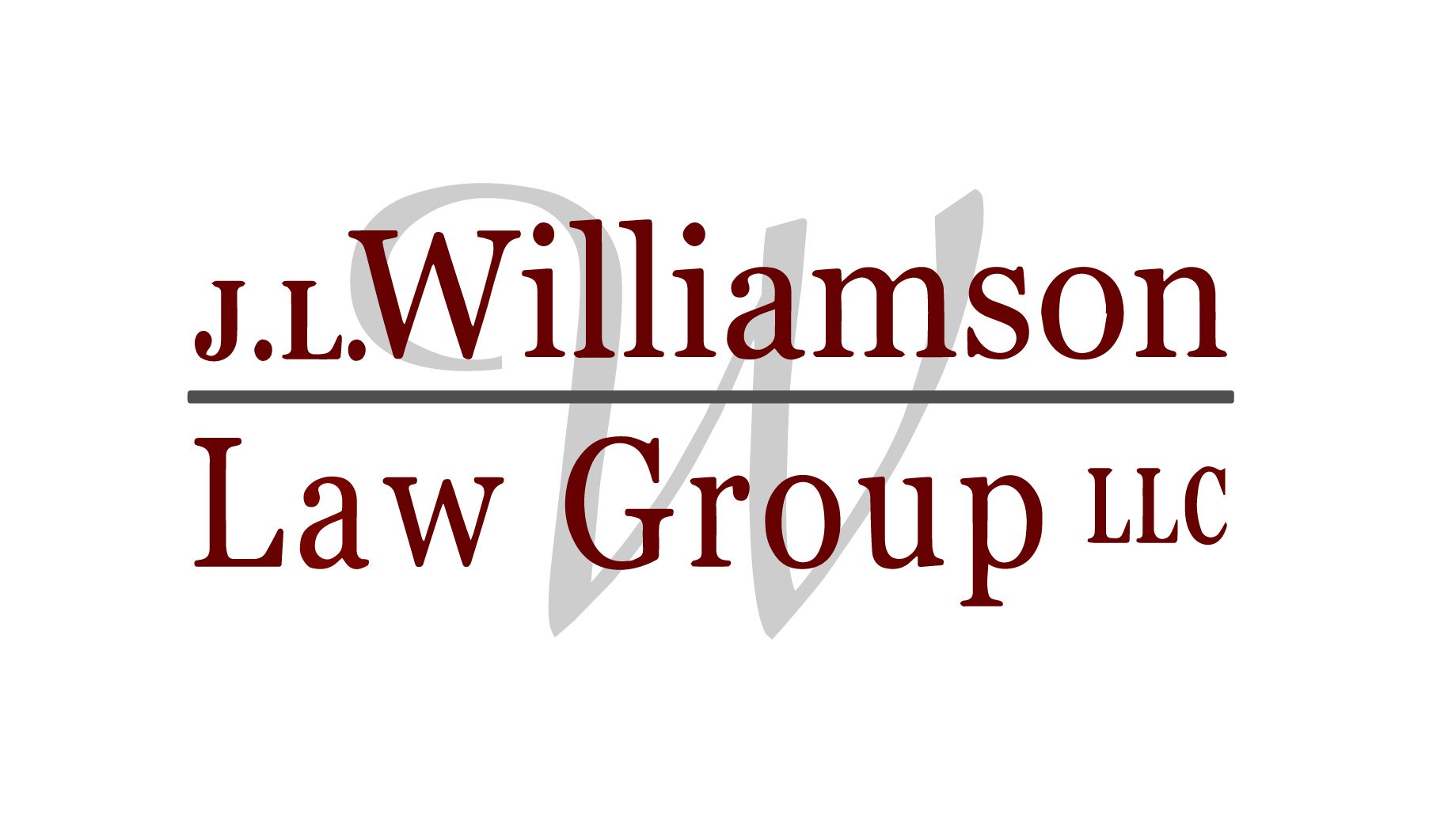When someone dies, those they leave behind often must go through a long and complicated process to ensure everything is settled, from funeral planning to figuring out what to do with the deceased’s possessions. If the deceased does not leave behind a will dictating how they would like these matters settled, then the task set aside for them can grow to be even more complicated. Estate planning is one way to ensure that those left behind after your passing are not left in the dark about your wishes. An experienced estate planning lawyer near you can help you navigate the entire process.
Many people may hesitate to consider estate planning under the misguided assumption that they do not have an “estate.” However, those assumptions are incorrect. Anything you own is considered part of your estate, be it your home, savings account, car, life insurance, or personal possessions. Anything that will be left behind in the event of your passing is considered your estate and must be dealt with after your death.
When considering estate planning, you’ll discover the best time is likely your late 60s and early 70s. In those years, you’ll want to make certain that your assets are protected.
However, the most important things you should focus on when considering estate planning are an advance directive for healthcare and durable financial power of attorney.
What is an advance directive?
An advance directive for health care lays out what medical decisions you would like made for you in the event that you are unable to make them yourself. These allow your relatives and your health providers to know what procedures you may be interested in allowing done or ones that you refuse.
Depending on your age and health, your advance directive may be more broad or specific. Essentially, if you are older and have poorer health, you would want a much more explicit advance directive than someone who is younger and has good health.
An advance directive will not become legally valid until it is signed in front of witnesses. However, there are a number of different laws regarding advance directives and how they must be drafted, so it is important that you contact an estate planning attorney to ensure the document that you are signing complies with local and federal laws regarding advance directives.
What is a durable financial power of attorney?
A durable financial power of attorney determines who can manage your finances in the event that you cannot, whether that be because of incapacitation or medical reasons. They are given permission to handle your finances to pay outstanding debt, collect retirement benefits, manage real estate, hire someone to represent you, among other duties. A power of attorney must act in the best interests of you when making their decisions.
For a power of attorney to be recognized, you must sign a form and have it witnessed and notarized. The specifics of this form vary from state to state, and so it is important that you ensure that you are using a document that applies for your state or else you’ll find that the form is not considered legally viable.
What other things should I consider?
When it comes to estate planning, you consider setting up a living trust for dividing up your belongings, as a will must go through a probate court before the property is returned. This could cause your living relatives a lot of time and money, as a probate court could take months or years to work through a will. Of course, an additional will might be necessary alongside a trust, especially in the event of naming the guardian of any minor children, as those can not be named within a trust.
Should I do this alone?
To be as to the point as possible, no. The most important thing when estate planning is to contact an estate planning lawyer that specializes in elder law. The laws and necessary procedures are often complex and ever changing. If you attempt to do this without assistance, you may spend hundreds of dollars on a document that does not apply to your state or even no longer applies.
Tax laws are always fluctuating. As of 2021 there was a new proposed law that would see increased taxation on income and increased wealth of the ultra wealthy by 20%. In 2020, changes to the SECURE act massively changed the ways non-spouse beneficiaries could distribute inherited IRA throughout their life by reducing it to 10 years for those not spouses, minor children, disabled or chronically ill, or those under 10 years of age from the IRA owner.
Having someone to guide you through these complicated and ever changing laws is imperative in estate planning. Planning for what happens after your or a loved one’s death can be difficult, there’s no need for it to be made even more complicated or costly when you could be assisted by an educated estate planning attorney.
J.L. Williamson Law Group Can Help
J.L. Williamson Law Group has extensive experience working for the people of Statesboro and Savannah, Georgia, and the surrounding areas. We work hard to cut through the legal jargon and help you make the best decision for you and your loved ones. From Estate Planning to Medicaid and Medicare Law to protecting your rights as a senior or family member, we can help.
With offices in Savannah and Statesboro, we are here to serve you. When you need an attorney who can help you with the tough decisions that come with planning for long-term care, call J.L. Williamson Law Group.

